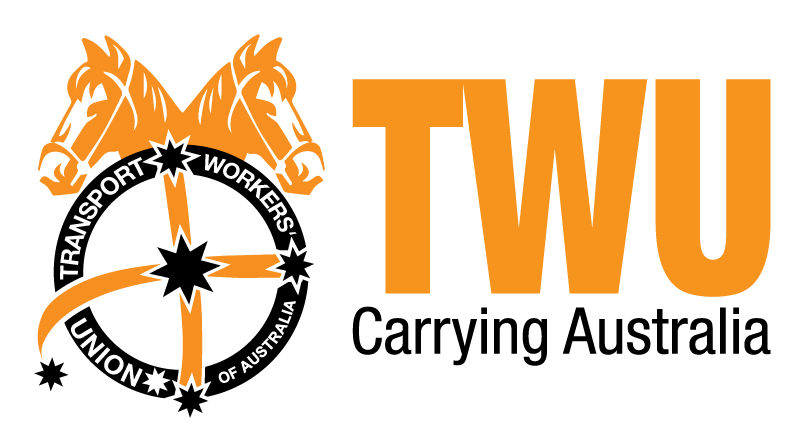In March, SteelZero held the first in a series of webinars looking at the decarbonisation journey in key sectors of the steel economy: SteelZero: Green Steel in the Automotive Industry. We were delighted to be joined by attendees from nearly two dozen vehicle and supply chain manufacturers and representatives from across the steel and policy making landscape.
A special thank you to our incredible speakers for sharing their expertise and valuable insights: Simon Buckingham, Technical Leader – Sustainable Materials at Volvo Cars, Samuel Flückiger, Head of EU Climate Policy at thyssenkrupp Steel, Rob Jenkinson, Net Zero Program Manager at SKF Group, and Laura Sguotti, Automotive Sustainability Manager at SKF Group.
Please find the webinar recording here and a summary note from our panel chair and senior policy manager Andrew Forth below.
Introduction
The automotive sector stands as a significant consumer of steel, with cars, buses, and trucks embodying the ubiquitous presence of this material in our daily lives. However, despite its centrality, the industry has been relatively slow in embracing decarbonization efforts. The transition from internal combustion engines to electric vehicles presents substantial challenges, yet the imperative to accelerate the pace of change is increasingly evident. In our recent webinar, we were heartened to host companies at the forefront of sustainable practices within the sector.
Leading by Example
Volvo Cars and SKF’s Journey Volvo Cars and SKF shared their commendable endeavors toward meeting the targets set as SteelZero members. Emphasizing the crucial role of data and robust supply chain relationships, both companies underscored the need for substantial shifts in assessing environmental impacts beyond traditional metrics like fuel efficiency. Volvo’s recent Lifetime Carbon Assessment for the EX30 model highlights the significant emissions attributed to steel and iron, ranging from 10% to 20% depending on battery type and energy sources.
The Hidden Steel: A Closer Look at Bearings and Other Components
SKF’s discussions shed light on the often overlooked yet vital role of steel in components like bearings. While awareness is growing in certain sectors and regions, many companies reliant on such components have yet to address their potentially significant scope 3 emissions. SteelZero remains committed to fostering collaboration across supply chains to identify opportunities and overcome barriers to progress.
Thyssenkrupp Steel’s Transition to Green Steelmaking
For thyssenkrupp Steel, the urgency of transitioning away from fossil fuel-based steelmaking is paramount. The webinar provided insights into the ongoing transition efforts, highlighting the necessity of defining green steel standards to incentivize decarbonization across various steelmaking processes. Additionally, the role of customers in bolstering the business case for decarbonization was underscored.
The Challenges and Opportunities in Recycling and EAF Steel Engagement from the audience underscored two pivotal topics: the role of recycling in meeting demand and the suitability of Electric Arc Furnace (EAF) steel in the automotive sector. As scrap availability increases globally and carbon pricing gains prominence, these issues will become increasingly critical. Notably, both Volvo and SKF highlighted their utilization of recycled steel, reflecting substantial progress in EAF steelmaking facilities.
The Global Perspective on Steel Decarbonisation
While recycling plays a vital role, SteelZero advocates for a comprehensive approach addressing emissions across the entire steel value chain. Given the global nature of automotive supply chains, initiatives like the ResponsibleSteel sliding scale standard are essential for ensuring widespread adoption and availability of lower carbon steel. Europe’s leadership in innovating alternative steelmaking methods without fossil fuels is crucial for global progress.







